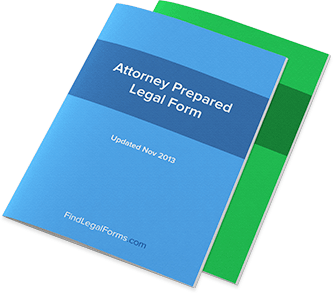Living Trusts You Can Set Up This Week
For many people, the concept of estate planning is very difficult. Either they know it will be too emotionally heavy for them (and this is a common problem, believe it or not), or they believe the problem will be too technically daunting and forgo the process altogether. But when it comes to key legal documents, it’s hard not to consider many of the estate planning documents you’ll sign in your lifetime – wills, living wills, and, of course, trusts.
The living trust itself is a concept that vexes a great number of people. The idea, once explained, is much simpler. Essentially, a living trust is a trust fund that can be created while the person creating it is still alive. (For your further information, a trust is essentially a way of avoiding probate law; putting your money into a legal entity so that it’s protected when you pass on).
Setting up a living trust might sound like a major hassle. And in some cases, it really can be. But you’d be surprised at just how easy it can be to set up a living trust, especially when you’re working with the raw expertise and vast resources of a site like FindLegalForms.com – not that we like to toot our own horn too much. Here’s some more information on setting up living trusts this very week.
First Things First
Do you want to set up a living trust? The most important part of setting it up is actually not the legal work – that can be done in a jiffy – but in the actual thought that goes behind the living trust. You want to make sure that you’re making the right decision and that you’re making the living trust for the right reason. Of course, living trusts are often straightforward enough that this is not a major concern for everybody. Even so, it’s something to be mindful of.
Once you’re sure you want to establish a living trust for the benefit of the beneficiary you choose to name, you’ll want to move on to the next step: you can either file for the living trust yourself or consult with an estate planning lawyer.
When it comes to this part, a lot of websites might give you conflicting advice. Some will say that you should always consult a lawyer; others will say that you simply need to download and file the forms yourself. We won’t tell you what to do – that’s your decision to make –but the most important part of the process is being sure you understand what you’re getting into. At least consulting with a lawyer first is usually advisable.
Setting up a Living Trust This Week
While setting up a living trust this week might sound like we’re putting you in a major hurry, consider this: many living trusts are not very difficult to handle at all. The legal infrastructure might have a lot of paperwork, but it’s nothing that hasn’t been done before. Again, we want to emphasis that you shouldn’t hurry to form this kind of trust without forethought; but you certainly shouldn’t put it off, either.


